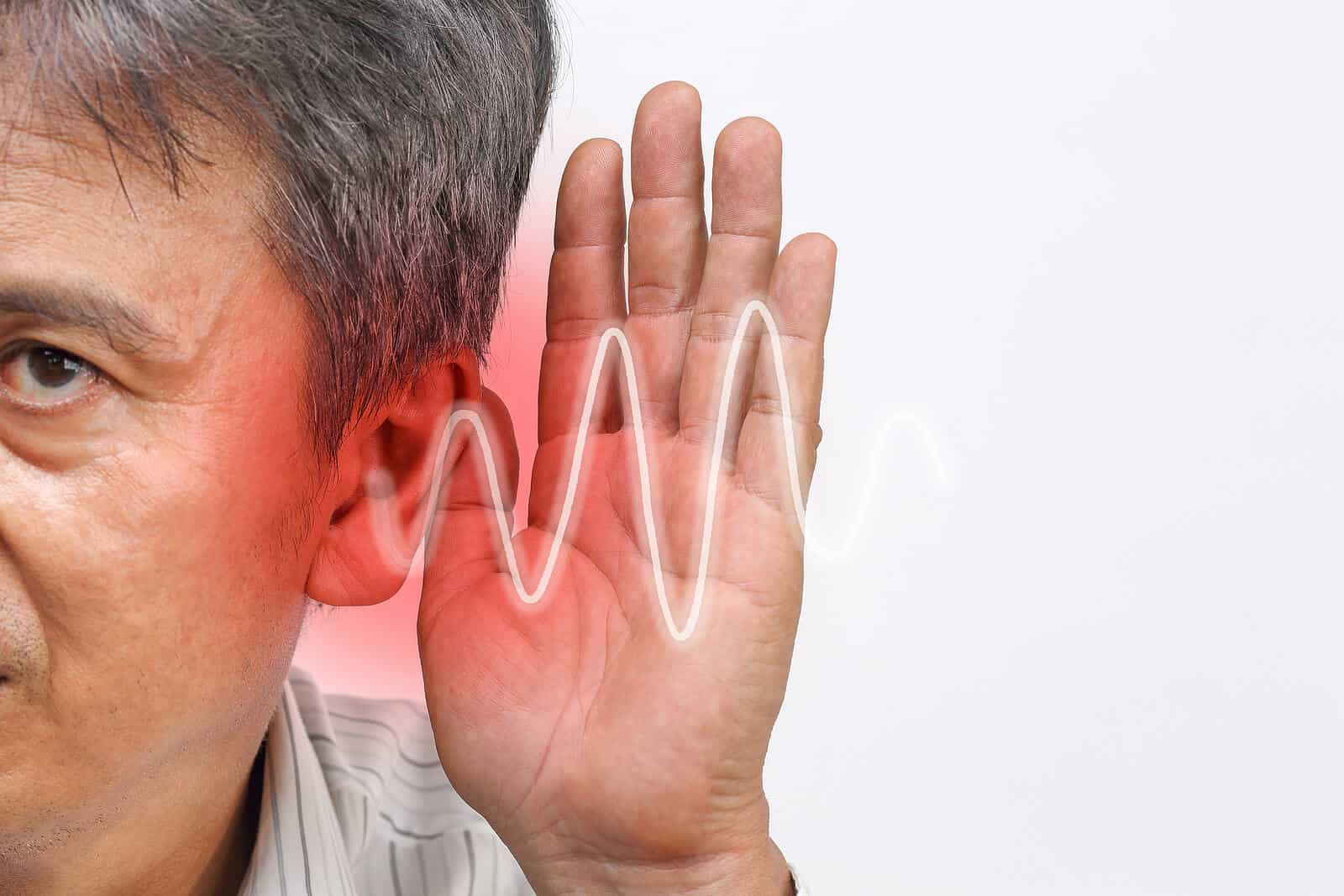TINNITUS
Tinnitus is commonly referred to as “ringing in the ears”. It refers to hearing a noise in one or both ears when no external sound is present in the environment. This noise is often described as a ringing, buzzing, or clicking-like noise that ranges in severity. The Centers for Disease Control and Prevention (CDC) estimates that 50 million people experience tinnitus and 20 million people live with chronic tinnitus.
Tinnitus can impact daily life in significant ways by taking a toll on sleep, mood, and overall wellness. It can also contribute to hearing challenges which strains communication. Though there are no cures for tinnitus, there are useful ways that it is managed, providing relief and reducing its impact on daily life.

WHAT CAUSES TINNITUS?
HEARING LOSS
EAR OBSTRUCTIONS
INNER EAR DISORDERS
Other health conditions that can cause tinnitus include temporomandibular joint disorder (TMJ), autoimmune conditions, head injuries, hyperthyroidism, and specific types of medications.
HOW IS TINNITUS MANAGED?
- Treating hearing loss: because hearing loss is such a common trigger of tinnitus, it is important to have your hearing assessed. Hearing tests are painless and involve measuring your hearing capacities in both ears. The most common way hearing loss is treated is with hearing aids – electronic devices designed to absorb, amplify, and process sound. Hearing aids alleviate symptoms including tinnitus and many of today’s devices offer tinnitus-masking features.
- Tinnitus retraining therapy (TRT): this is a type of sound therapy that involves using deep relaxation and de-stressing exercises to train the brain to interpret tinnitus differently. Rather than an unpleasant and bothersome sound, TRT trains the brain to perceive tinnitus as mundane background noise.
- Sound machines: creating ambient noise is a useful way to mask tinnitus. It distracts the individual from focusing on tinnitus sounds, alleviating its impact. This can be achieved by using sound or white noise machines as well as downloading apps that play soft background noises.

If you are experiencing tinnitus, it is important to have your hearing health assessed. Treating tinnitus can profoundly improve your health and wellness. Contact us today to schedule a consultation.

